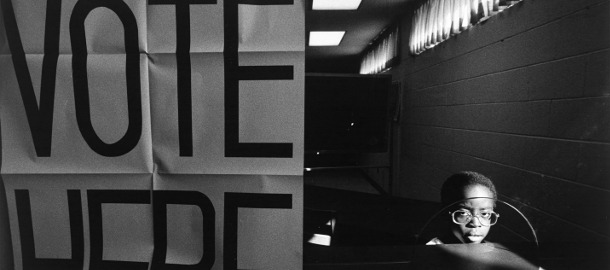
Election Season: Voting Facts from Both Sides of the Pond
Election season is most certainly in full swing! While the US anxiously waits to the see who is running for president (and who’s not) in the 2016 elections, the UK have voted in their general election on May 7. Social media seems to have taken a break from cat videos in favor of divisive political discourse.
Here are 10 interesting facts about the way we vote both in the UK and the US. May our focus be on performing our civic duty as opposed to the differences across the spectrum of political ideology!
United Kingdom
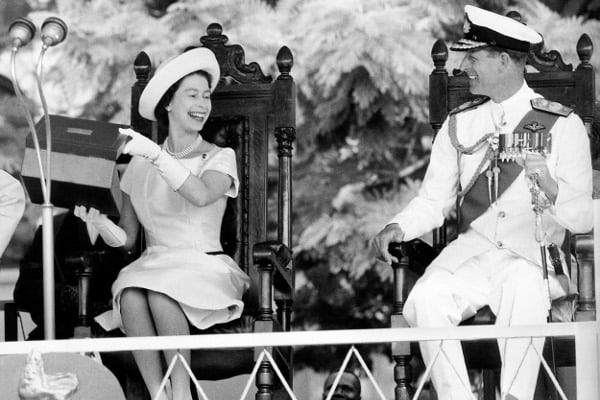 |
| Queen Elizabeth II and Prince Philip, Duke of Edinburgh during their visit to Bathurst, Gambia, December 1961 / © Mirrorpix / Bridgeman Images |
1. Can the Queen vote?
Yes, but she doesn’t. The Queen’s official website explains: “Although the law relating to elections does not specifically prohibit the Sovereign from voting in a general election or local election, it is considered unconstitutional for the Sovereign and his or her heir to do so. As Head of State, The Queen must remain politically neutral, since her Government will be formed from whichever party can command a majority in the House of Commons.”
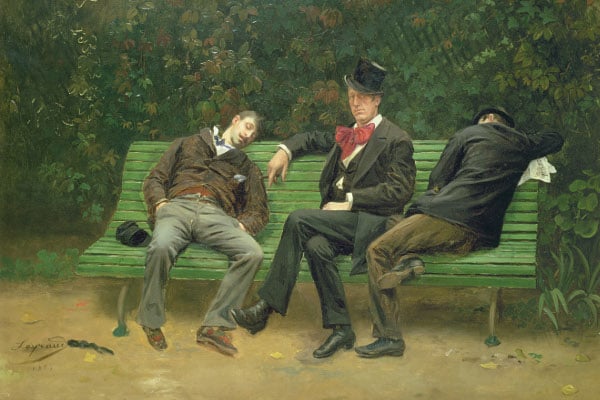 |
| The Morning After / Fortune Joseph Seraphin Layraud / Photo © Christie’s Images / Bridgeman Images |
2. Inebriated electors
Apparently having a few drinks before you head to the polling station is acceptable. According to BBC News, polling staff can’t turn away drunk voters. However if you appear incapable of casting a vote, you will have to answer a series of questions in order to prove you are capable. If you fail, you’ll be told to come back when you’ve sobered up.
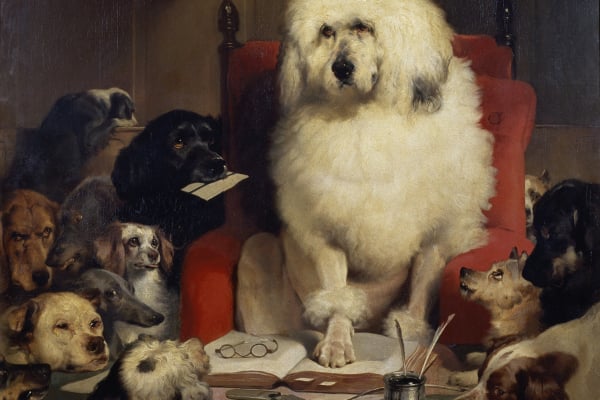 |
| Trial by Jury, or Laying down the Law / Sir Edwin Landseer / Chatsworth House / © Devonshire Collection / Bridgeman Images |
3. Man’s best friend
The Electoral Commission gives furry friends the thumbs up in an “accompanying” role. Anyone with two or more dogs can ask polling station staff to look after them during the voting process. If you’re planning to ride to cast your vote, please note, “horses and ponies do need to be secured outside the station.”
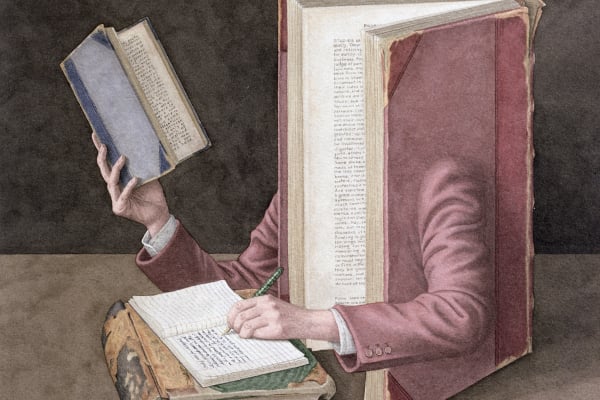 |
| Books on Books / Jonathan Wolstenholme / © Portal Painters / Bridgeman Images |
4. You don’t have to vote with an “x.”
Although the official guidance is to place an “x” in the square next to the name of the candidate you wish to vote for, you can cast your vote with a tick, a number, in theory even a smiley face will do. The Electoral Commission says papers will not be voided, and will go toward the final count as long as “the voter’s intention is clear on a ballot paper.”
 |
| Armchair Supporters / PJ Crook / Bridgeman Images |
5. Why are elections held on a Thursday?
It’s just tradition that general elections are held on a Thursday, they could be held on any day of the week. One theory suggests that in the past Friday was pay day, so Thursday votes ensured a good turnout as people weren’t too drunk. In recent years, the Electoral Commission has suggested making polling day at the weekend to improve turnout.
United States
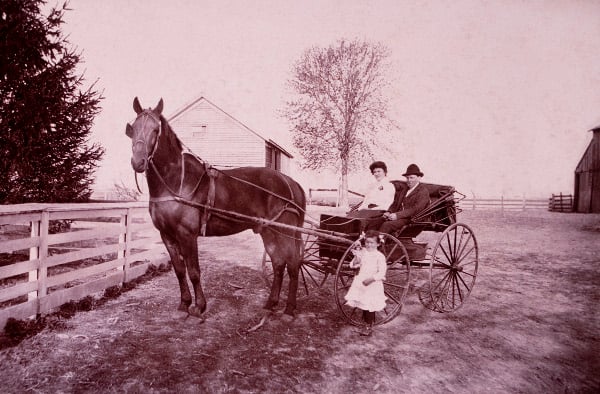 |
| Couple and Child With Horse-Drawn Carriage, Circa 1900 / J. T. Vintage / Bridgeman Images |
6. Why do we vote on a Tuesday in November?
The month of November fits nicely between harvest time and brutal winter weather–which can be especially bad when you’re trudging along by horse and buggy. Congress needed to pick a time that wouldn’t interfere with days of worship or the Wednesday, the market day for their predominantly agrarian constituents leaving Tuesday as the only viable option.
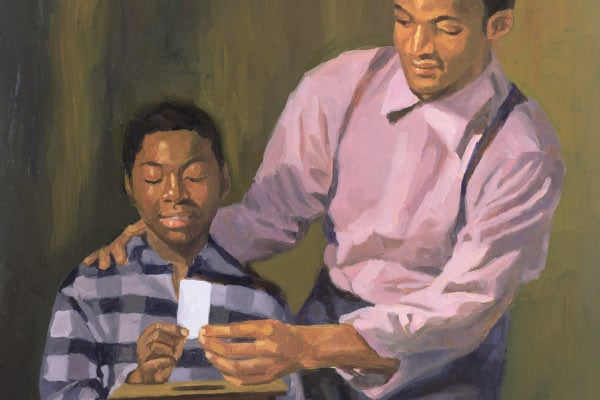
The Ballot Box / Colin Bootman / Bridgeman Images |
| The Ballot Box / Colin Bootman / Bridgeman Images |
7. The Ballot
In 1888, Massachusetts became the first state in the U.S. to adopt a secret ballot system (originally used in the Australian state of Victoria) on a statewide basis.
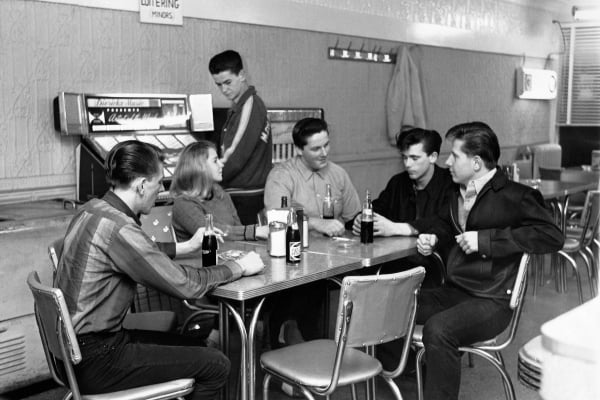 |
| Teenagers Hanging Out / Underwood Archives / Bridgeman Images |
8. Voting Age
In 1943, Georgia became the first state to lower its voting age in state and local elections from 21 to 18. On July 1, 1971, the 26th amendment extended the right to vote to citizens 18 years of age and older.
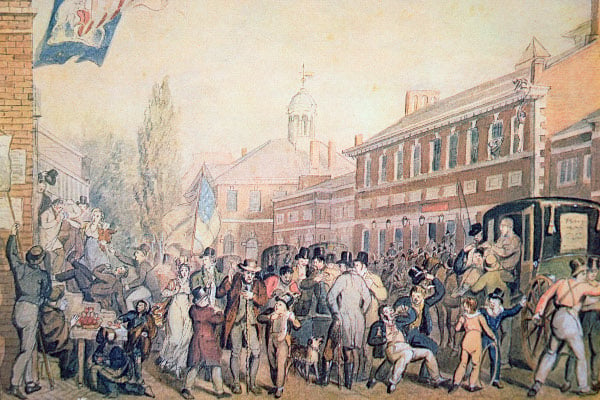 |
| Voting in Philadelphia / Peter Newark American Pictures / Bridgeman Images |
9. The wondrous way in which the Electoral College works
Based on the current allocation of electoral votes, a candidate could win the presidency with electoral majorities in only 11 states. Conversely, a candidate could win every vote in 39 states and DC and still lose the presidency.
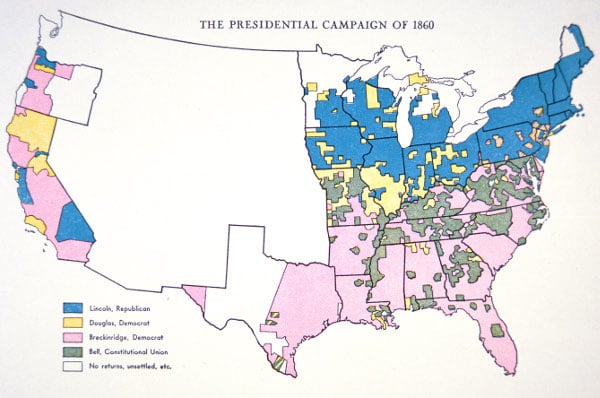 |
| Presidential election campaign map, 1860 / Peter Newark American Pictures / Bridgeman Images |
10. Two states do not have winner-take-all systems.
Nebraska and Maine are the only states that do not automatically award all of their electors to the winner of the state popular vote. Three of Nebraska’s five electoral votes are awarded to the winner of the popular vote in each of its three congressional districts, with the other two given to the statewide winner of the popular vote. Maine has a similar proportional distribution, with two votes awarded to the statewide winner and its other two votes given to the winners in each of its two congressional districts.
Find Out More
View all election images in the archive.
Read more posts about politics on the Bridgeman Blog.
All images in this article are sourced from bridgemanimages.com. Contact the Bridgeman sales team at nysales@bridgemanimages.com for more information regarding licensing, reproduction and copyright.
(Article and image selection by Elizabeth Gomez)
